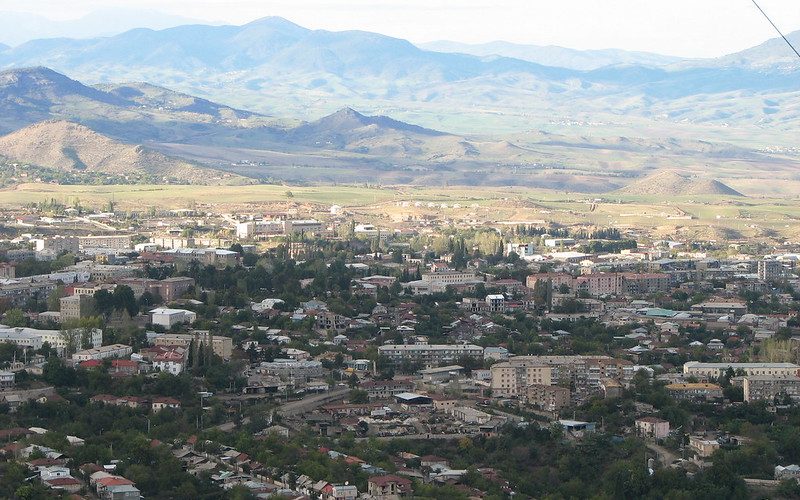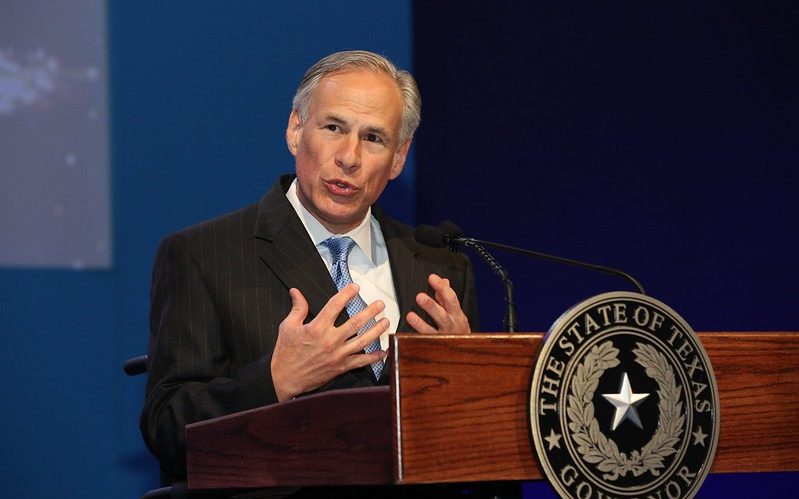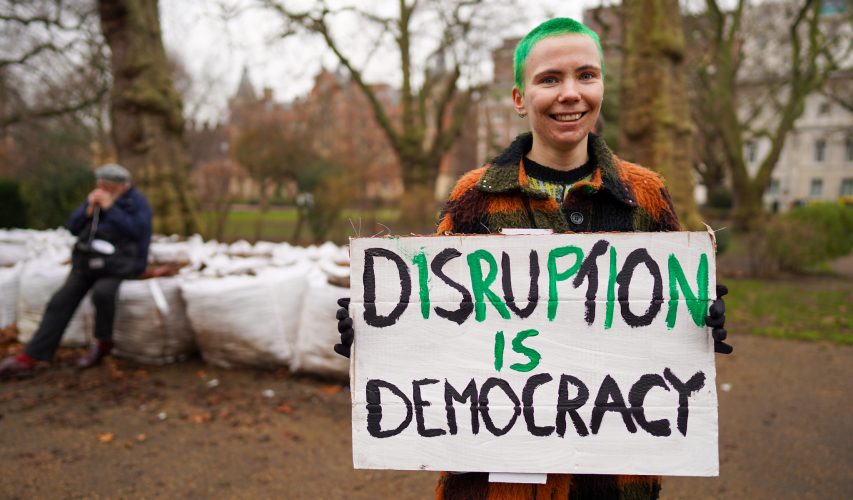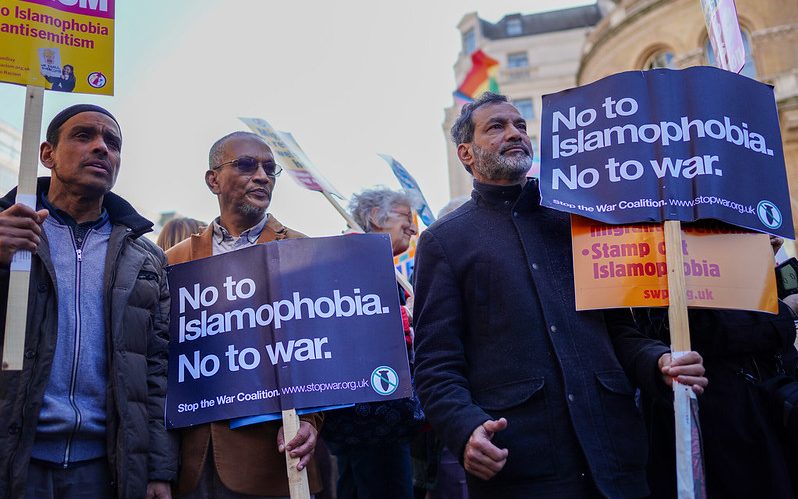This website uses cookies so that we can provide you with the best user experience possible. Cookie information is stored in your browser and performs functions such as recognising you when you return to our website and helping our team to understand which sections of the website you find most interesting and useful.
With the election between Kamala Harris and Donald Trump well underway, the results of this election will serve as one of the most consequential events in American history. At a time when an authoritarian world leader is threatening the safety and security of a whole continent, climate change continues to ravage the world’s environment, and misinformation runs rampant, this election will have massive implications for the world too. What is most important and interesting about this event, however, is the fact that so much of a single candidate’s political policies and standings are known to the public, specifically in relation to Project 2025 and Donald Trump, yet are little commented on or acknowledged by the candidates themselves.
The 2024 U.S. Presidential Election will be one of American history's most impactful and significant presidential elections. Very few other elections in modern U.S. history come close to the national, international, and long-lasting influence that such a decision will have. The choice between Kamala Harris and Tim Walz for the Democratic ticket and Donald Trump and JD Vance for the Republican ticket is a decision that has massive ramifications for every issue. As such, with so many undecided young and old voters, it is important to look at what a future Trump administration would look like and what the American people would be in for.
It is a well-known fact of life that many of those accused or even convicted of sexual assault, harassment, or abuse within the U.S. Armed Forces can go about their daily lives without much change. Many are able to lead active and personally prosperous lives while their victims in some cases are jailed, forced out of the military, or take their own lives. One such individual is Michael D. Kepner II, an honorably retired Lieutenant Colonel of the United States Army. He is a sexual assaulter who has been able to engage in an active, financially and professionally profitable life outside of the military despite a conviction and sentencing.
The world is experiencing an increase in terrorist attacks, including environmental terrorism. The presence of natural resources and infrastructures, especially water-related ones, in contested areas subjected to traditional forms of terrorism, requires further attention within terrorism-related research. The case of the Nagorno-Karabakh war is an interesting case with regard to the concept of environmental and eco-terrorism. In this respect, the implications of water issues after the 2020 war and the dangers involved for the future of the region are of particular interest.
The United States Southern border is among the most contentious issues for the U.S. government and society. It affects roughly 30 million American and Mexican citizens living on the border and increased sensitivity to the matter has only grown in the 21st century. In Texas, Governor Greg Abbott signed nearly 800 new pieces of legislation into law. One of them, known as Senate Bill 1900, is the most recently controversial and impactful in terms of border security, homeland security, and immigration policy in Texas.
In recent years, especially after Covid-19, Europe has seen a rise in far-right attitudes and change in the internal political systems of single states. Some far-right parties have encountered more support from the citizens, some governments changed directions altogether. Can this phenomenon be considered a consequence of the health crisis and to what extent was this development already apparent before the pandemic?
Although online hate speech is deeply rooted in Islamophobic sentiments and exhibits distinct characteristics from offline forms of abuse or violence, substantial evidence supports the assertion that online hate speech serves as a catalyst for offline actions. Amidst the proliferation of Islamophobic discourse in online spaces, the dissemination of fake news and misinformation thrives within echo chambers, perpetuating a cycle of prejudice and intolerance.








